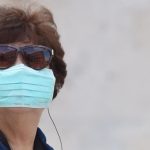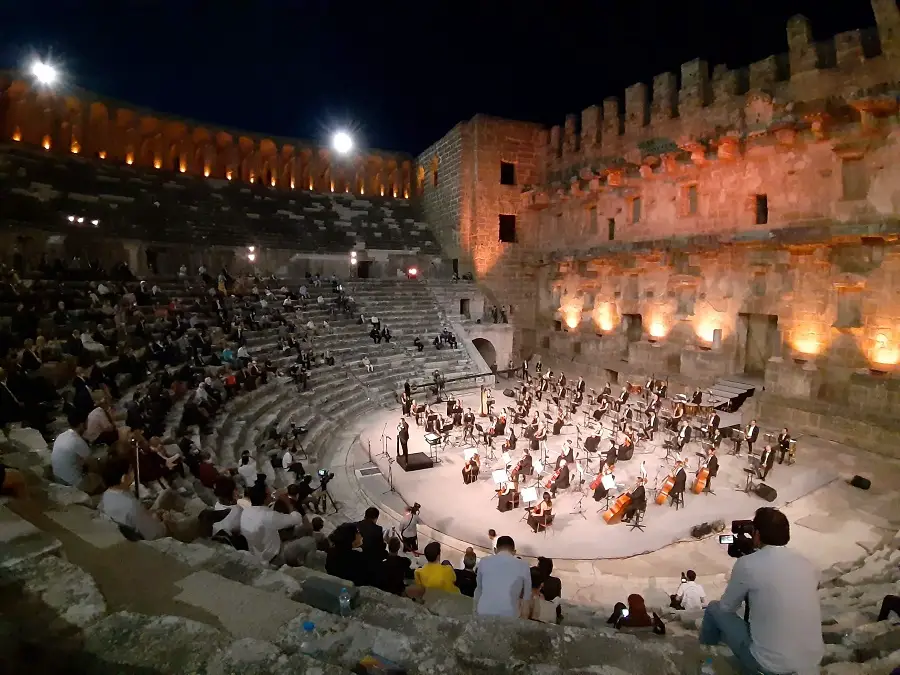
June 29, 2020 – How are other tourism countries preparing for the season in the corona era? We are delighted to welcome Turkey-based correspondent Maja Kuzmanovic to TCN, starting with a really interesting look at the Turkish Safe Tourism Certificate Program.
Is safe tourism possible during a global pandemic? This question is bothering Mediterranean countries who are trying to save at least part of the 2020 summer season.
In the case of Croatia, which opened to tourism as early as mid-May, many details of the COVID-19 virus protocol (hereinafter the coronavirus) more than a month after the opening of the borders are still not clearly defined. While Croatian tourist cities are losing their nerves and renters are in a dilemma whether to open their apartments to foreign guests, Turkey has introduced a “Safe Tourism Certification Program”. The introduction of this program began in early May, two months before the country opened to tourism.
The certificate of safe tourism is a sort of HACCP for the prevention of the spread of coronavirus, it is based on 132 health and hygiene criteria and it also includes employee education.
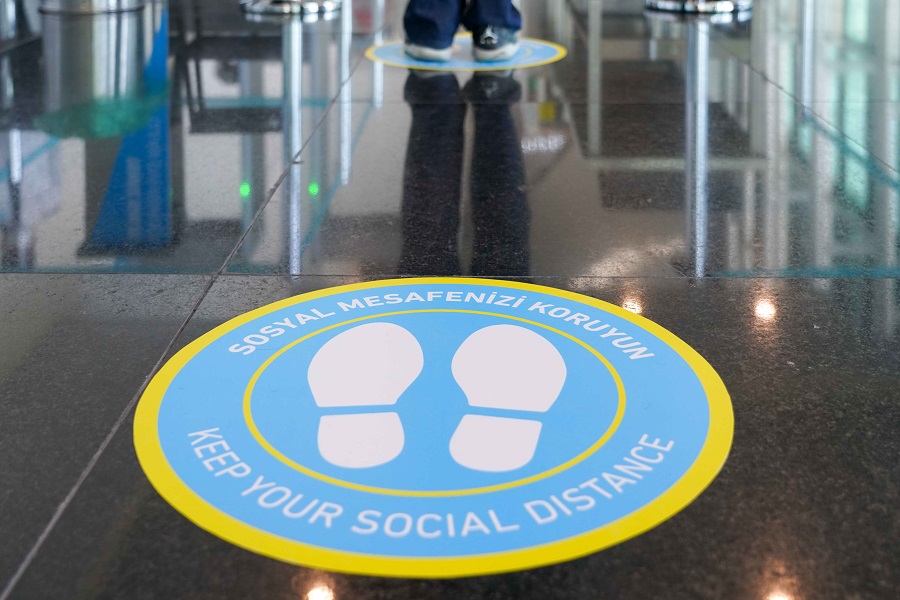
The program embraces all facilities that provide accommodation and transportation, as well as archeological parks, museums and entertainment venues.
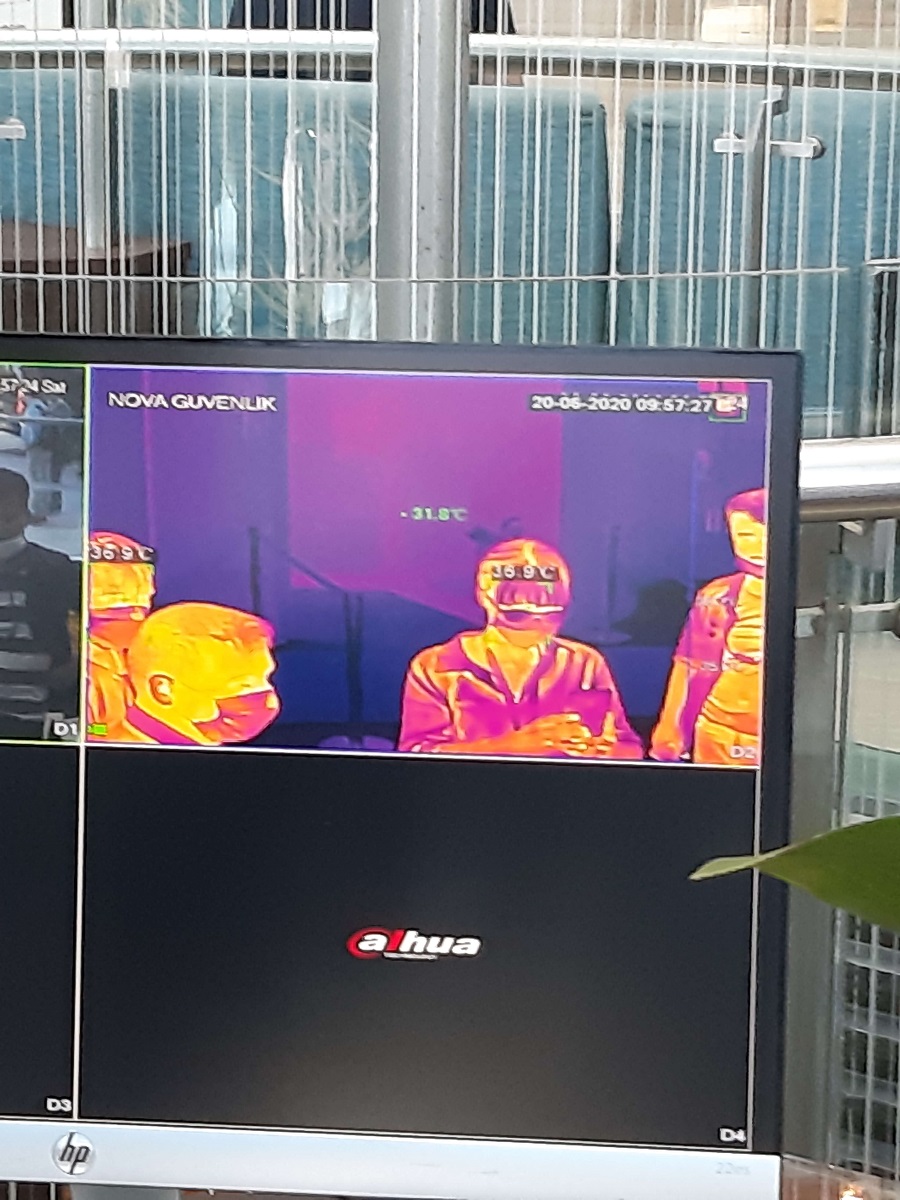
Thus, a special part of the program refers to airports, airlines, highways, tourist facilities and occasional transport companies that provide transfer and transport services for tourist tours. Passengers encounter the new protocol upon arrival at the airport where their temperature is measured by thermal cameras, and if it is higher than 37.8 C or there are some other symptoms, they undergo a free of charge coronavirus test.
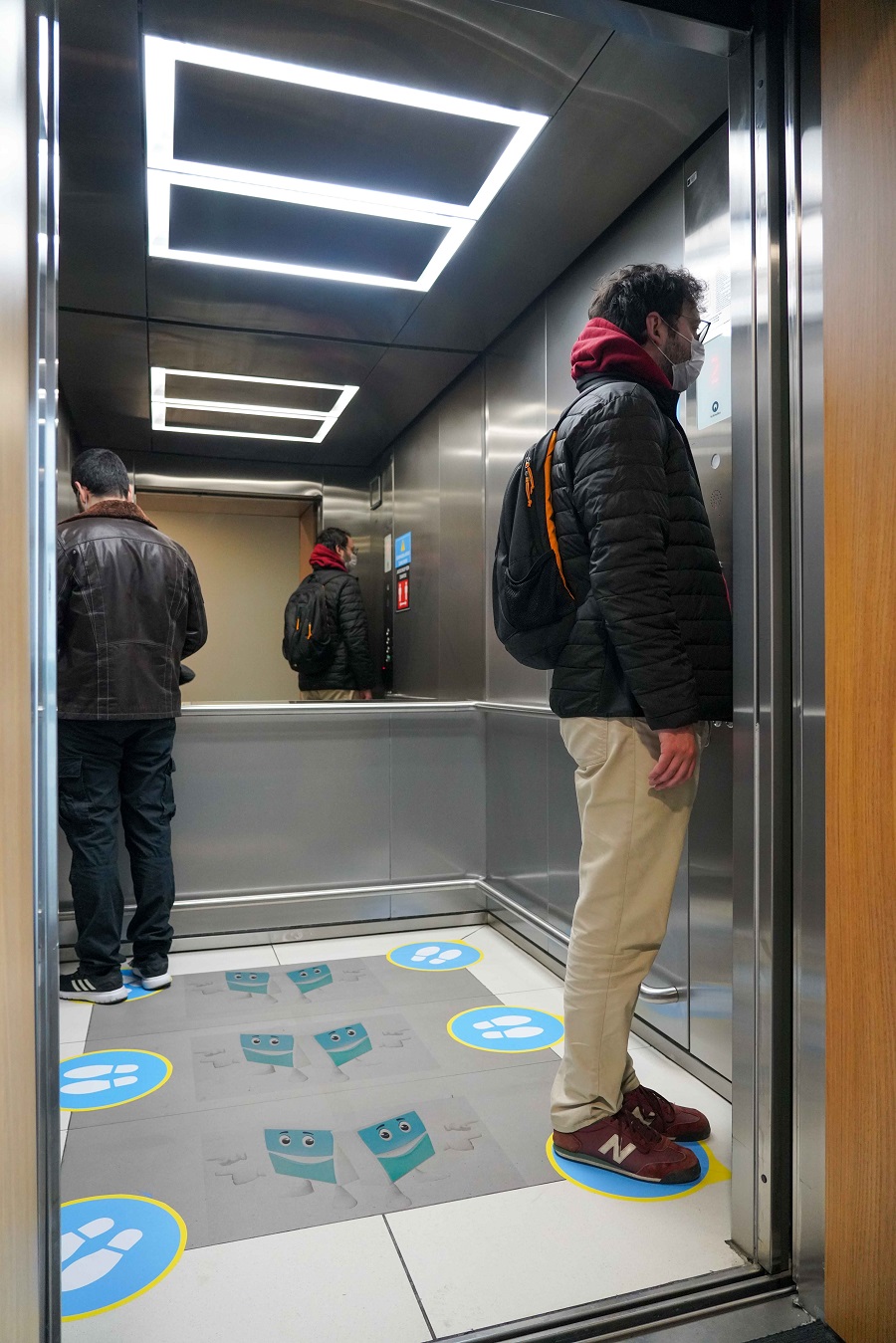
If the test result is negative, passengers continue their journey. In case of a positive result, guests are sent to the hospital where, depending on the severity of the disease, they stay for treatment or are accommodated in a hotel. All hotels are required to provide a special section of the facility for guests infected with coronavirus and for those in quarantine. They are also required to allow sick guests to stay at the hotel’s expense until complete recovery.
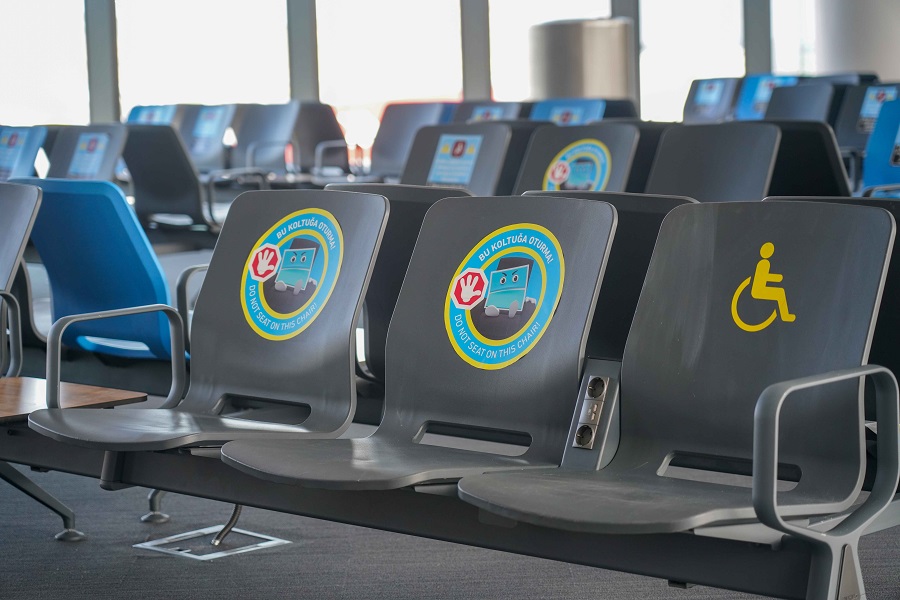
Treatment of foreign guests is free of charge and the costs are covered by the state of Turkey. From July 1st, Turkey is introducing the “COVID-19 tourist protection insurance” which will be available for purchase online, at travel agencies and airports. There will be three packages at the price of € 15, € 19 and € 23, which cover treatment costs in the amount of € 3,000, € 5,000 and € 7,000. According to Turkish statistics, the cost of treating a seriously ill patient with coronavirus averages € 4,000.
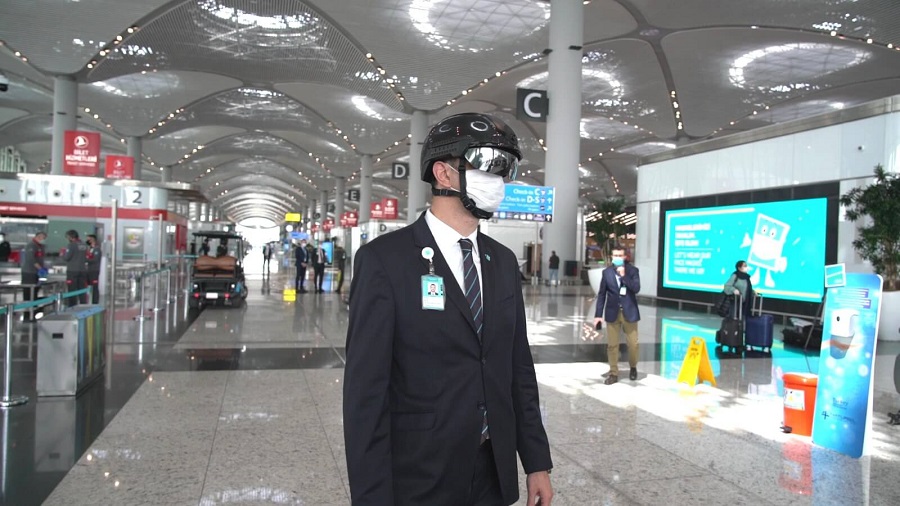
In order to reduce the number of visitors, only those presenting an airline ticket and with a mask on their face can enter the airport. Special attention is paid to the physical distance of 1.5 m and the signs with the direction of movement are placed everywhere, both on the escalators and in the elevators. Also, sitting in the waiting rooms, except for the disabled, is forbidden. Disinfectant kiosks can be found at every turn, and passengers are constantly warned about the rules. Upon entering the aircraft, packages with personal protective equipment (PPE) are distributed, and similar is done in the hotels too. Thermal cameras are also located at the hotel’s entrances while guests on arrival fill out a form with questions about their health and movement in the last 14 days.

Self-service in the hotel restaurants is no longer available, and the food counters and servers are separated by strips from the guests. Masks are mandatory, and even beach guards wear them. Rooms must be disinfected daily and 12 hours must elapse between the departure and arrival of guests. Tourist buses are filled with 50% of the capacity, ie every other seat, and before entering the vehicle the body temperature is measured, as well as at the entrance to the archeological parks, shopping malls and pedestrian zones.
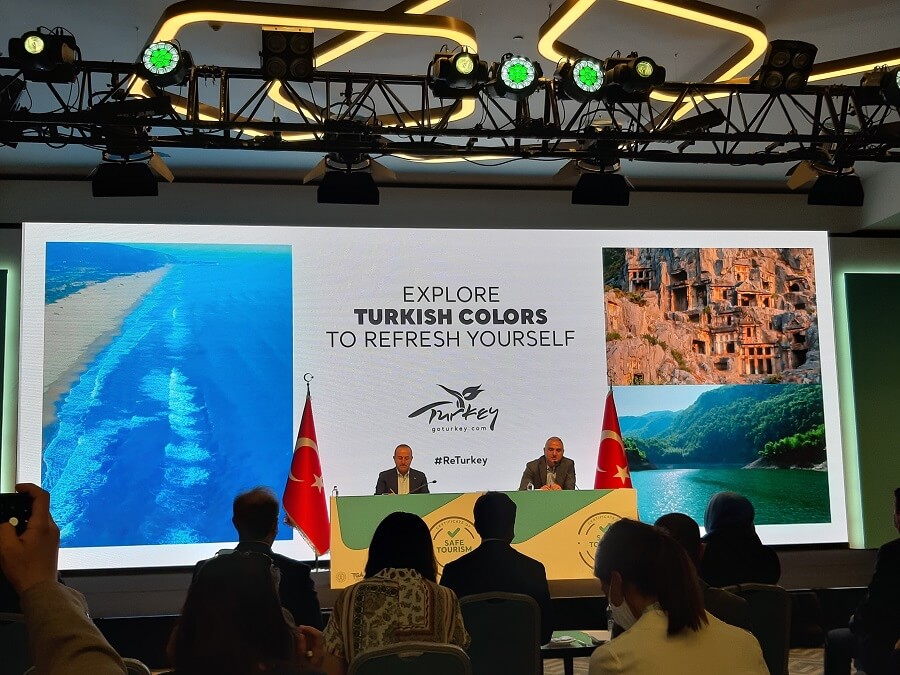
The body temperature of the author of this article was also measured upon returning from the toilet during the break of the concert which was held on June 20 on the occasion of the promotion of the certificate of safe tourism in the ancient theater in Aspendos, near Antalya. – “This is the worst crisis that has ever hit tourism, and we must all adapt to the new normal.” The program we implement requires significant investments, but offers maximum possible protection. In the process of normalization of life, one of our key points is tourism. “ – Turkish Minister of Culture and Tourism Mehmet Nuri Ersoy stated at the press conference in Antalya.
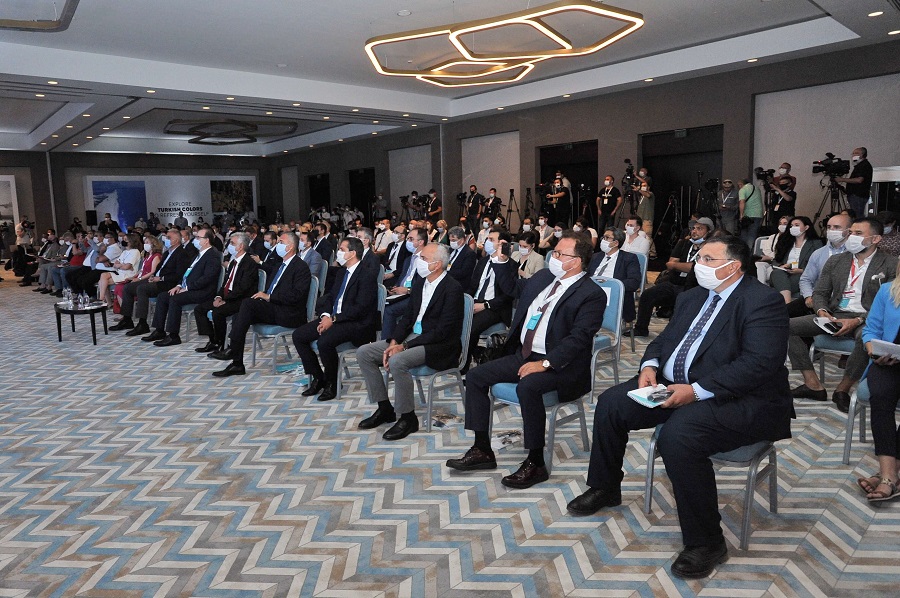
The first official case of coronavirus in Turkey was registered on March 11 2020, schools and universities were closed immediately, and within the next two weeks normal life stopped. Traffic between cities was cut off, borders were closed and air traffic was stopped. A partial lockdown was introduced with the purpose of saving human lives and partly the economy, exempting only the working population from these measures. For citizens aged 65 and over and for the chronically ill – the most vulnerable part of the population, as well as for those under the age of 20, the curfew was imposed until mid-June. Weekends and holidays curfews for the entire population were regularly imposed in all major cities until June 1, so the Turkish people spent even the Ramadan Eid holidays in their homes.
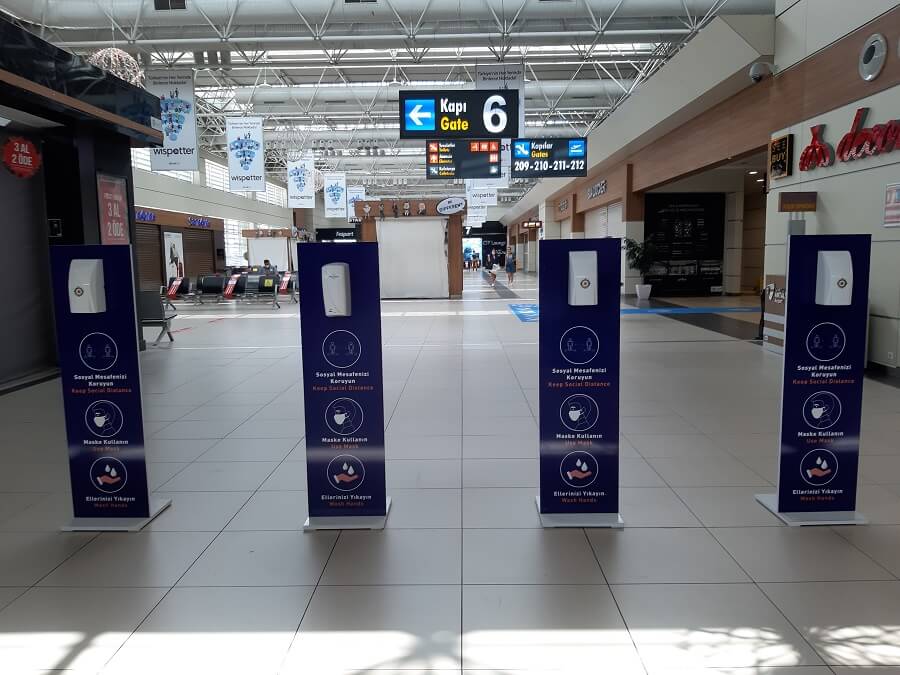
Turkey, with 197,239 cases, is the 14th country in the world in terms of confirmed cases of coronavirus, of which 85 percent have been cured, with 5097 deaths (statistics for 28.06.2020). Wearing masks is mandatory indoors and on public transport, and in the cities of Istanbul, Ankara and Bursa outdoors as well. The fines for not wearing masks and violating the quarantine and curfews go up to € 700. While the city of Istanbul, with the population of 15.5 million, accounts for about 60% of coronavirus cases, a significantly smaller number of patients have been reported in tourist centers in southern Turkey.
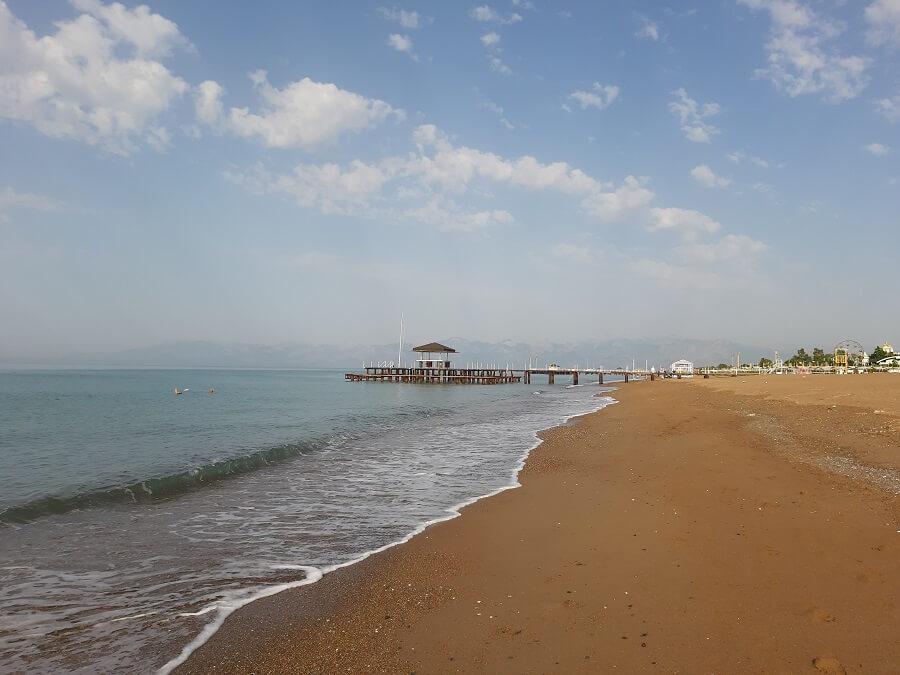
Thus, in Antalya (population 2.4 million), which accounts for 48% of Turkey’s tourism revenue, 500 citizens have fallen ill since the beginning of the pandemic, 14 of them with a fatal outcome.
As far as hospitals are concerned, Turkey has the highest number of intensive care beds per 100,000 inhabitants in the world (40), and hospital occupancy at the peak of the pandemic in mid-April, when the daily number of infected reached 6,000, did not exceed 80%. In April Turkey started domestic production of respirators, the mass production of surgical masks, as well as alcohol. For months, the most sought-after product on the market has been cologne, which was widely used in restaurants and households even before the arrival of the coronavirus.
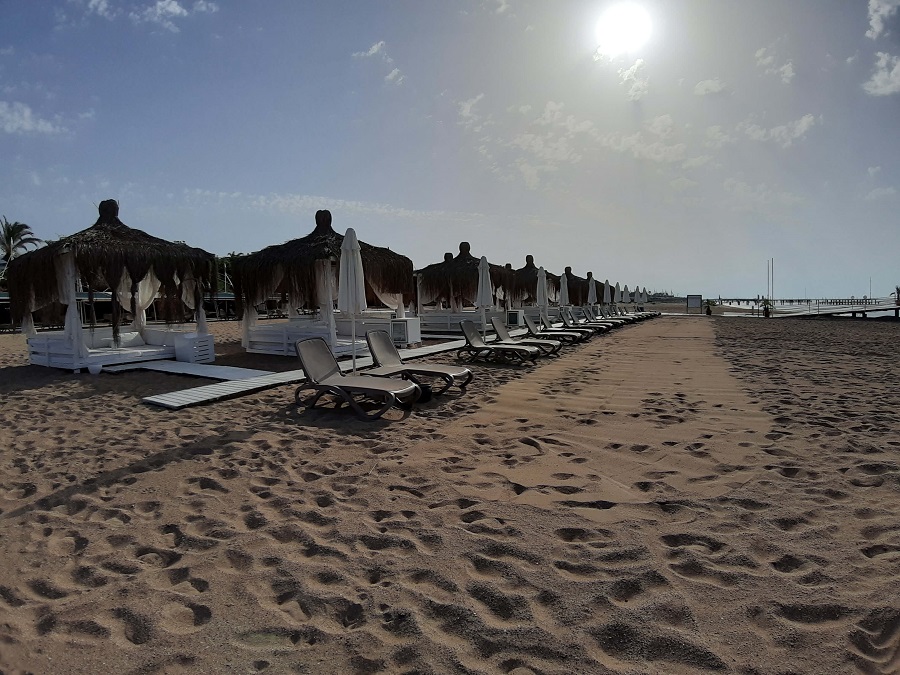
The re-establishment of international air traffic began in mid-June, and flights to most EU countries, as well as to Croatia, will start on July 1st after which the arrival of the higher number of foreign tourists is expected. Until July, all the major airports in Turkey will have test stations and the passengers will be able to take the test for the price of € 15 before the return flights. Turkey as a non-EU country, already has an agreement with Germany regarding quarantine upon return to the home country. Passengers should be tested up to 48 hours prior to departure, and if the test result is negative, a 14-day quarantine is not required. Germany has the largest Turkish diaspora, and Germans are the second most frequent guests after the Russians.
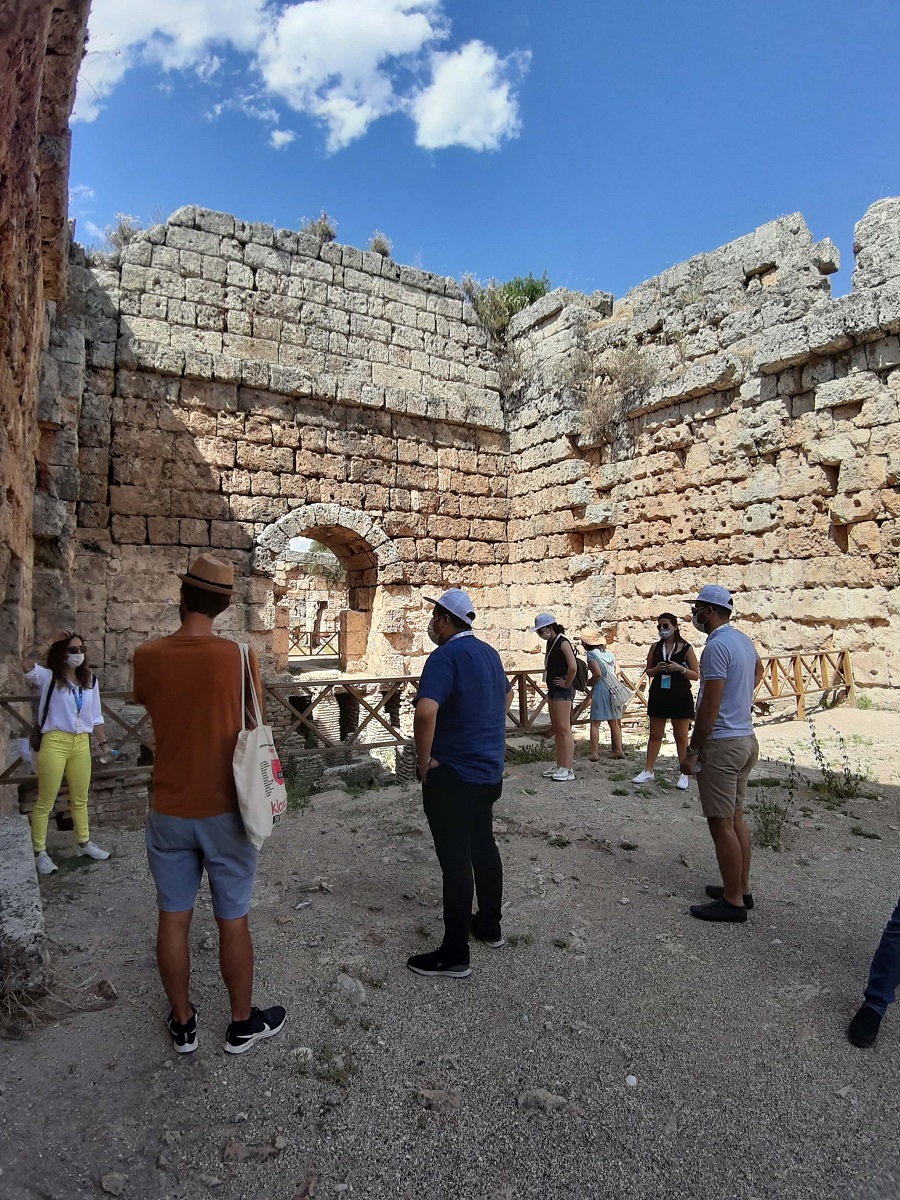
Turkey is the sixth most visited country in the world in terms of annual number of visitors with 51.8 million in 2019, out of which 86 percent were foreign (source UNWTO). The economic contribution of tourism in the GDP is 12 percent, while in Croatia the share of tourism in the GDP is 25 percent. In the first five months of 2020, there was a 66 percent decline in foreign arrivals, ie 8.5 million arrivals. It is difficult to predict to what extent this number can be compensated in the second half of the year.
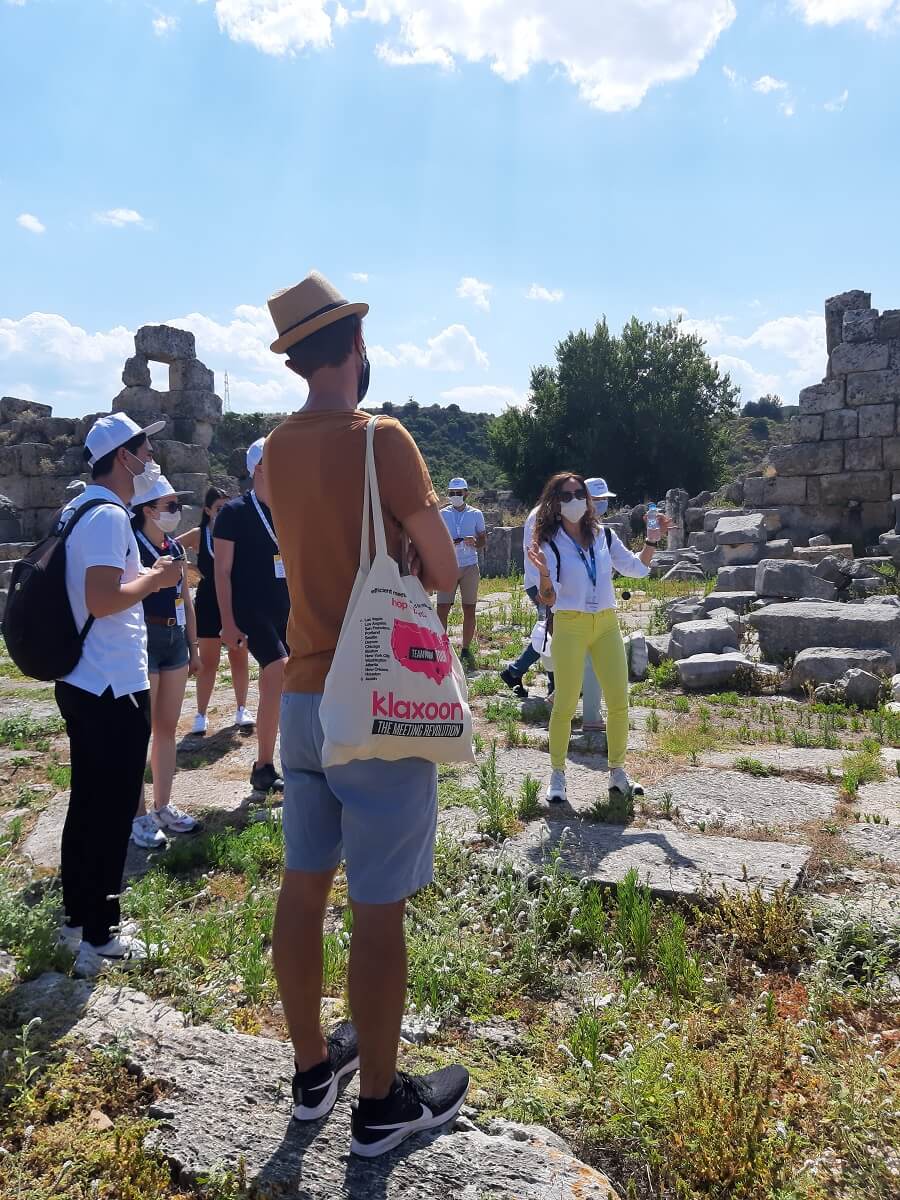
Time will tell whether safe tourism at the time of the pandemic is feasible in practice, but Turks did everything to minimize the risk. And the most unpredictable variable in the whole story of safe tourism is the human factor.
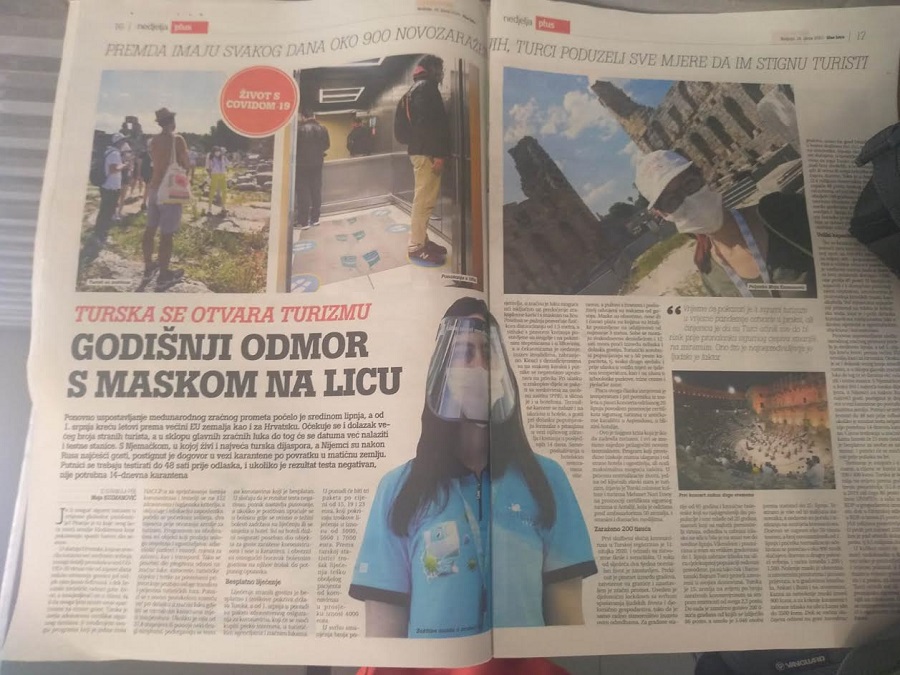
This article first appeared in Croatian in the print edition of Glas Istre.



